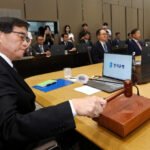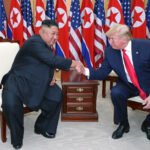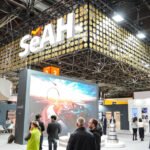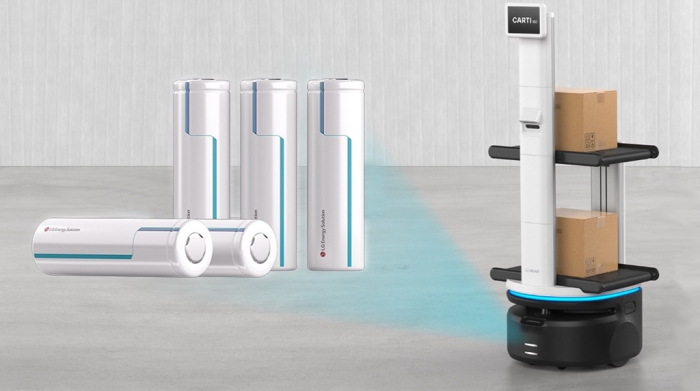
South Korea’s LG Energy Solution Ltd. said on Monday it has signed an initial agreement to supply cylindrical battery cells to Bear Robotics Inc., a Silicon Valley-based serving robot maker.
Under the memorandum of understanding, LG will become the exclusive supplier of 2170-type cylindrical batteries to power the US startup’s flagship robots, such as Servi Plus and Carti 100, starting next year.
Given the robotics form factors, the volume of batteries to be supplied to Bear Robotics will be relatively small compared to EVs or energy storage systems (ESS).
LG said its partnership with the robotics startup is part of its portfolio diversification strategy.
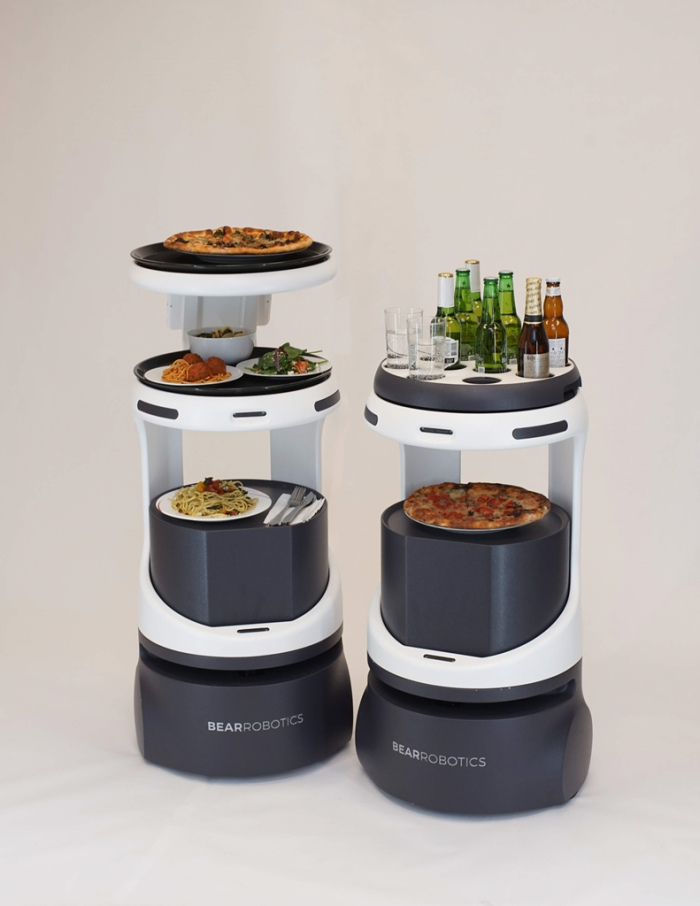
The two companies will also cooperate to bring about technological innovation and reinforce their respective competitive edge to lead the burgeoning global robot market.
PIONEER IN AUTONOMOUS SERVING ROBOTS
“Partnership with Bear Robotics demonstrates LG Energy Solution’s commitment to expanding into new business areas and its reputation for outstanding product safety,” LG said in a statement.
Bear Robotics, founded in 2017 by Chief Executive John Ha, is a leading AI-powered robotics company known for pioneering the world’s first autonomous serving robots. With investments from SoftBank and LG Electronics Inc., Bear Robotics has operations in over 20 countries with its focus on automation in public and industrial spaces.
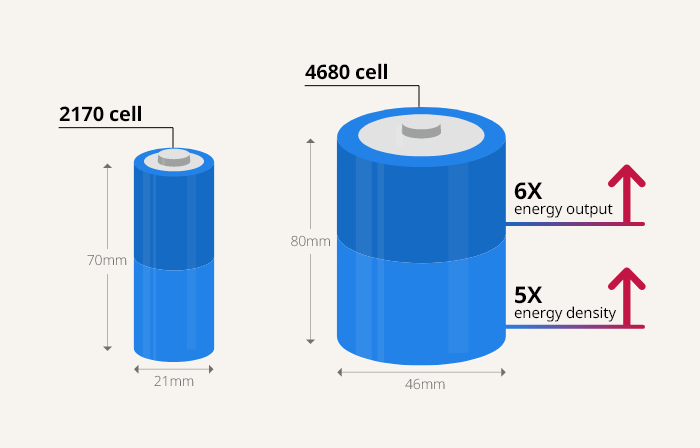
“With most service and logistics robots operating in high-traffic public spaces, an uncompromising level of safety is required to ensure the well-being of people and the smooth operation of these automated systems,” LG Energy said.
LG offers one of the industry’s safest battery technologies and products such as high-quality NCMA cathode materials and reinforced ceramic-coated separators.
EXPANDING BATTERY SUPPLIES TO ESS, SPACECRAFT, ROBOTICS FIRMS
Using its partnership with Bear Robotics, LG plans to actively pursue new opportunities in the global robotics market as well as in other applications beyond electric vehicles.
While unveiling its business strategy in October, LG said it aims to balance its business portfolio by expanding into new areas, particularly those with high growth potential, such as robots, urban air mobility (UAM), vessels, space exploration and humanoid robots.
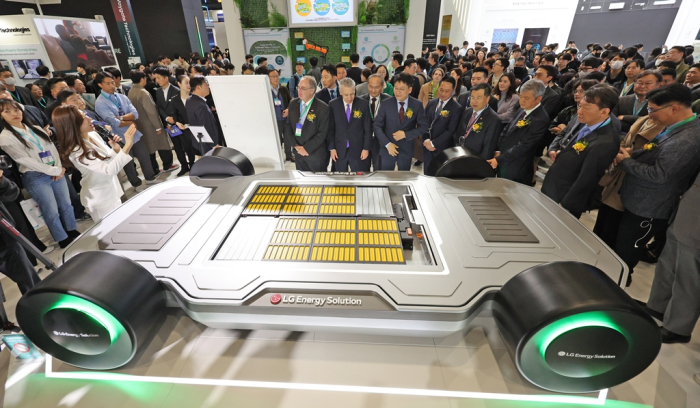
Last week, sources said LG signed a long-term contract to supply cylindrical batteries to Elon Musk’s spacecraft manufacturer SpaceX for its next-generation Starship rocket.
LG is also upping the ante in the global ESS market, especially the burgeoning US market, in hopes of offsetting the prolonged electric vehicle chasm.
LG’s US affiliate LG Energy Solution Vertech Inc. signed an ESS supply deal with US renewable energy power producer Terra-Gen LLC last week.
The Korean parent is currently building a 7.2 trillion won ($5.1 billion) battery complex in Arizona, its single largest investment in constructing its own battery manufacturing facility in the US.
By Sang-Hoon Sung
uphoon@hankyung.com
In-Soo Nam edited this article.

